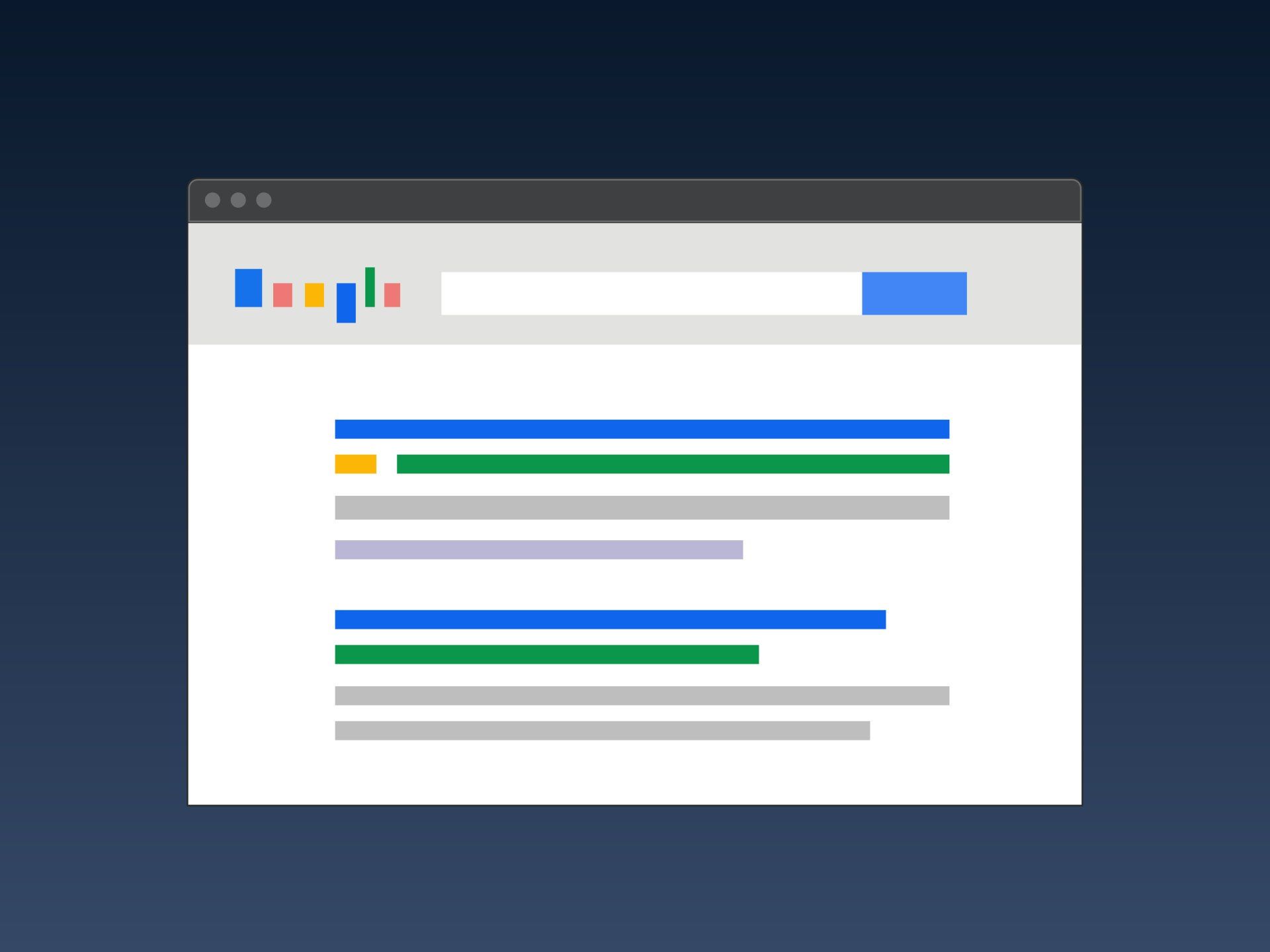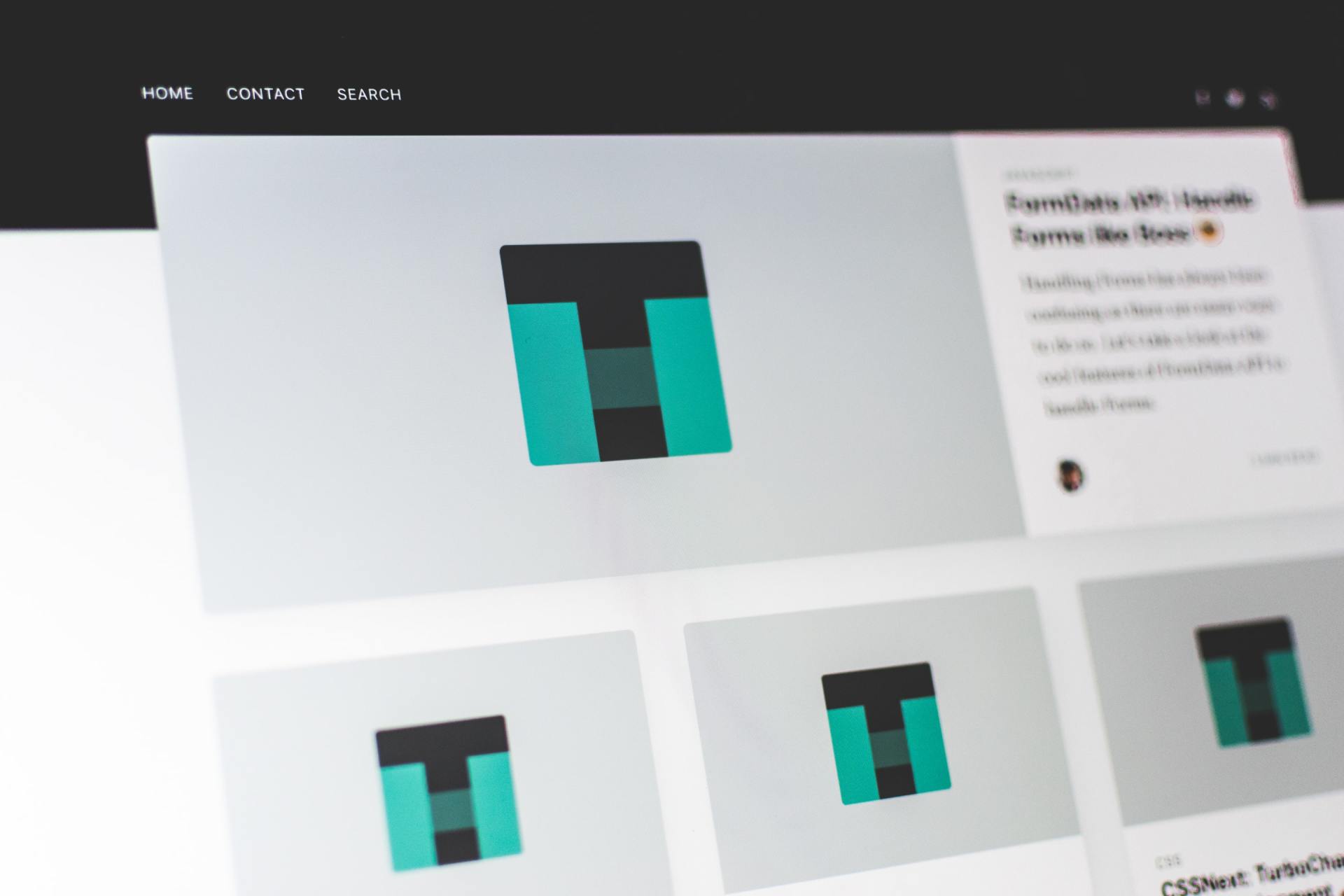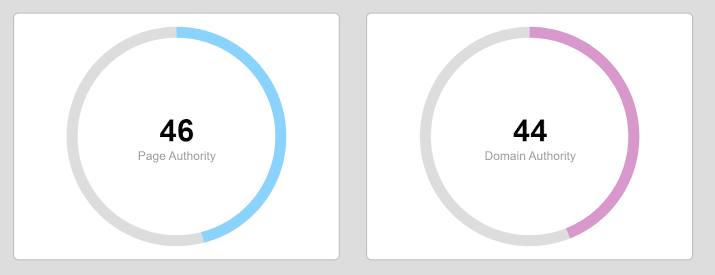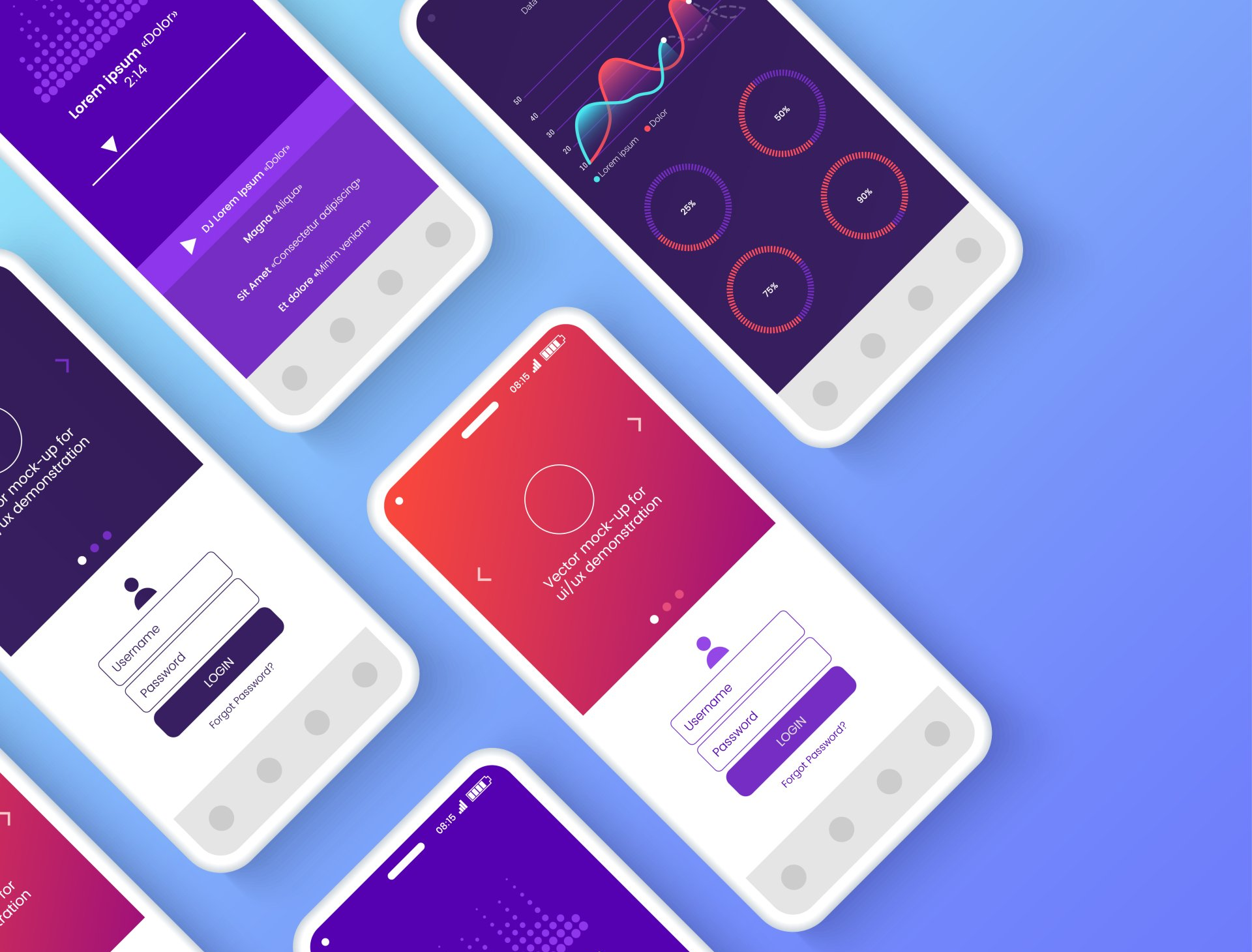11 Factors That Affect Your Website Ranking on Google
Share article
Google regularly updates its algorithm to improve its search engine results and offer the highest quality, most relevant information to users.
As a result, many websites have suffered a dip in ranking and loss in traffic, as there are over 200 ranking factors that the search engine uses to determine a website’s visibility.
Keeping up with
Google’s frequent updates is crucial for ensuring your website enjoys a high ranking since these updates are designed to weed out poorly designed, unoptimized, and spammy pages.
However, it can be intimidating to keep up, knowing that there are so many factors to consider.
Luckily, you can focus your efforts on a few ranking factors that carry more weight than the rest, helping you skyrocket your position to the top.
Here are eleven crucial factors that affect your ranking on Google:

Factor 1 - Keywords
Keywords are one of the most crucial factors affecting your website ranking on which the entire SEO process depends. If you don’t do proper research on your keywords, you might not get any traffic at all.
Integrating the right kind of keywords will direct your target audience to your website, making them more prime to convert.
You can use a mix of short-tail and long-tail keywords to push your ranking towards the top.
With the help of keyword research tools like
Ahrefs or
Semrush, you’ll have more insight into the competition, cost per click, search volume, and ranking difficulty level of your chosen keywords.
Factor 2 - Content Length and Readability
Producing top-tier content at regular intervals is a surefire way to create more organic traffic to your website since it is one of the top-ranking factors Google uses to evaluate websites.
Since the search engine prioritizes showing the most informative, relevant information to users, you’ll need to make sure your content is practical enough to deserve the top spot.
Your content must be deeply related to your niche, substantial, and original. Blog post length often differs per industry, but a healthy word count would be 800 to 1500 words, especially for travel, health, technology, and news publication websites.
Marketing and advertising websites usually have blog posts between 1500 and 3000 words. Long word counts also increase dwell time, engagement, and credibility, keeping your users on your website for as long as possible.
If you struggle with producing high-quality content, you can hire blog writing services to give you the boost you need.
Your titles must also be catchy and contain the main focus keyword. It should be 50 to 60 characters since that’s what Google displays on the search page.
Additionally, you’ll need to choose your ‘second titles’ carefully or your H1 and H2 tags, which is a vital signal in Google’s algorithms. Include focus keywords in your H1 tags, add two to three H2 tags, and use H3 as a subheading.
Factor 3 - URL Length and Structure
The more memorable your URL is, the better, as people will need to remember it and easily spell it out to go to your website.
It’s best to choose a short URL with a focus keyword in it since it’s straightforward and increases your chances of ranking well. Avoid putting dates, names, or numbers in your URL since it will confuse the search engine.
Additionally, you can insert keywords within the URL structure to help connect your keyword targets.
Also, it's important to not use underscores and to simply use "-" to separate words.
i.e. yoursite.com/my-new-blog-post
Factor 4 - Website Links
Linking to other pages in your website encourages your users to stay longer and engage with it, nudging them further towards conversion and preventing them from quickly exiting the page.
It also illustrates a cohesive connection between the pages of your website, improving the user experience.
However, it’s just as important to link to references you mention in your articles, which will boost your credibility and trustworthiness.
Avoid linking to competing content, as it will negatively affect your bounce rate and session time.
However, building quality backlinks by linking credible websites with higher domain authority can also cause the search engine to favor your page, so choose your external links wisely.
Factor 5 - Alt Text
Responsive website designs have images with alt text, which is another priority you’ll need to focus on to improve your website ranking.
Google knows the relevance of images, which is why it has a dedicated image search section that displays results based on file name, title, description, caption, and alt text.
As such, when you upload images on your website, be sure to include the alt text to boost your chances of ranking well.
Factor 6 - Keyword Optimization
Optimizing your content by focusing on your main keywords is a great way to encourage the algorithm to favor your website over your competitors.
Putting your main keywords in your title tag, website URL, H1 headings, the first paragraph, and the conclusion are great ways to signal your content’s relevance to Google.
Factor 7 - Domain Authority
As mentioned earlier, domain authority can also affect your ranking. It involves linking domains and pages with high domain authority, increasing your own, especially when other trusted websites link to yours.
Factor 8 - Dwell Time
This factor measures the amount of time a user spends on a website after clicking on the link from a search engine results page. Google uses this factor to determine how long people stay on your page, and the longer they stay, the better, as it means they are engaged with your website.
Factor 9 - Social Shares
The number of shares your content gets on social media also helps your website rank better on Google.
It tells the search engine that people like what you put up on LinkedIn, Facebook, Instagram, or other social media platforms, which encourages Google to display it at the top of a results page.
Factor 10 - Page Load Speed
The standards for page load speed have skyrocketed over the last few years, which means your website must load entirely within three seconds.
Every extra second your website takes to load results in a customer exiting out the page, as waiting irritates them, which can break your website and hurt your sales.
As such, focus on optimizing your website speed to encourage visitors to stay on your website.
Factor 11 - Mobile Optimization
Optimizing your website for mobile browsing is one of the SEO best practices you must follow.
There are over 5 billion unique mobile users globally, which means that a large number of them will browse your website on their smartphones or tablets.
Ensuring your website performs well and adapts to various devices will help increase conversion rates while improving user experience.
Conclusion
Coming up with an optimized, responsive website design involves a continuous effort, especially with Google’s frequent updates. However, by focusing on these eleven factors, you’ll enjoy better results and more revenue for your company.
The Stack Group is an SEO agency offering
affordable SEO services for small businesses to give them an edge over larger companies. With our web design services, social media management, and other digital marketing services, we help you thrive and stay relevant in an ever-changing digital landscape.
Contact us today to find out more about what we can do for you!
Questions? Have a project you're ready to launch?
Simply text our team at
(857) 256-1295 or send us a message!
Latest Articles














